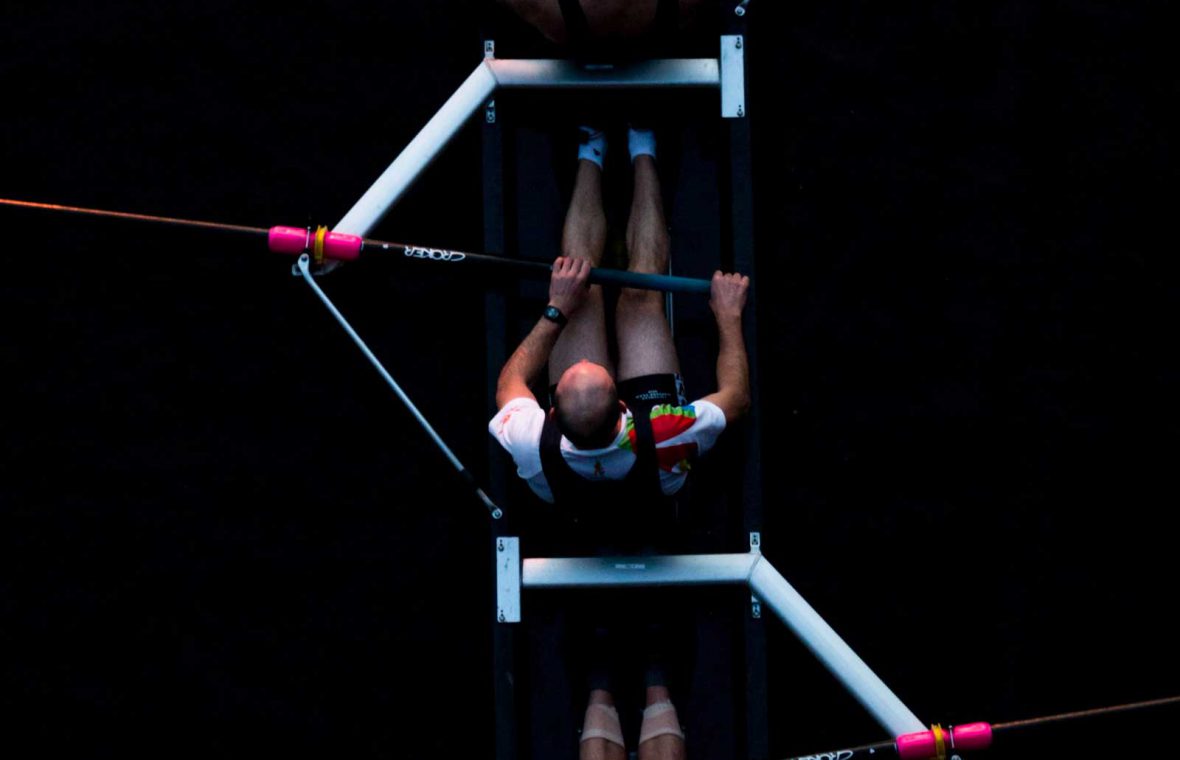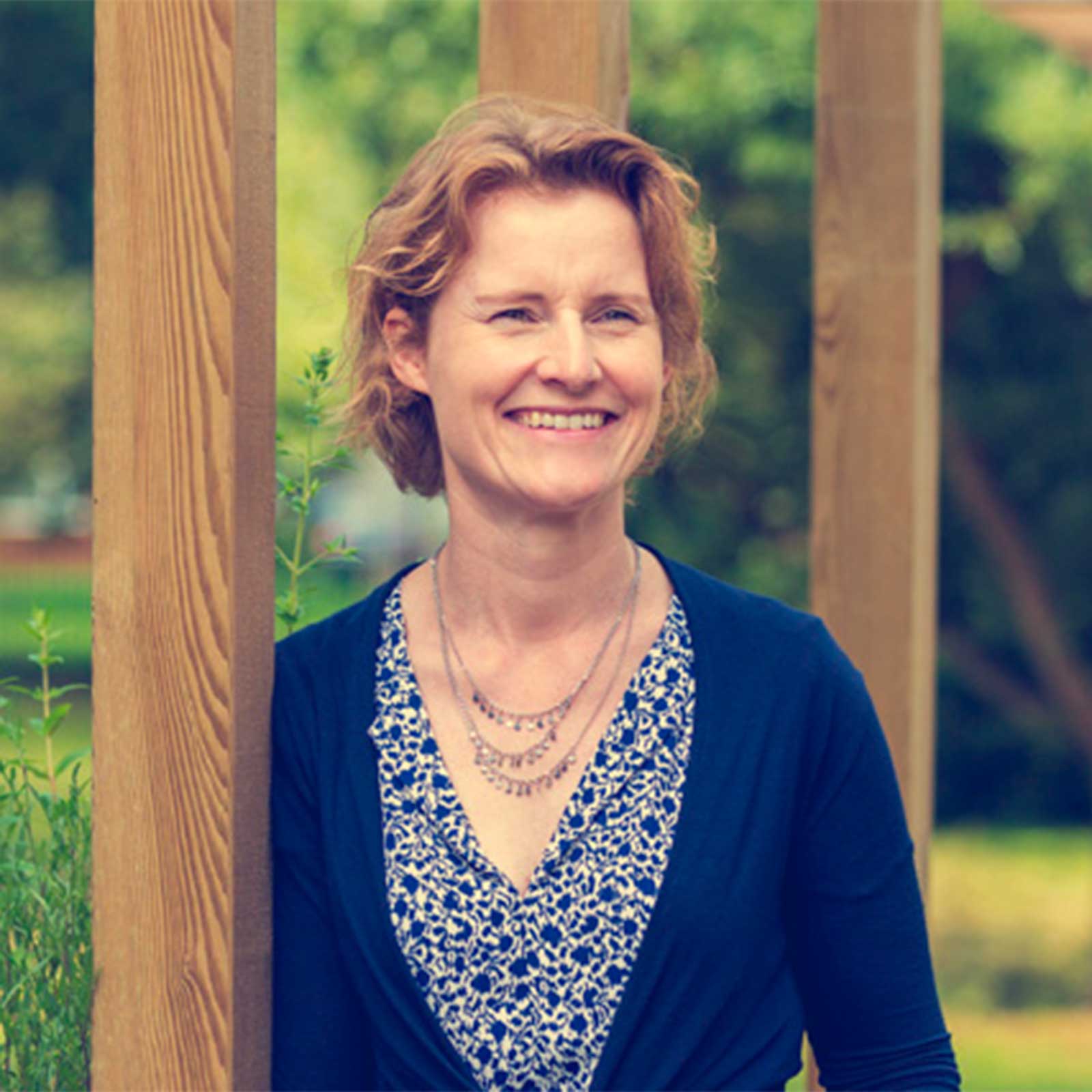What comes to mind when you think about your experiences of being part of a team? Have they been like a well-oiled machine that delivers the results, followed by high fives all round?

Or are they better described as a meeting factory where the loudest person in the room dominates?
I thought Google would have teamwork sussed. They’re Google after all. But even they had teams filled with brilliant people that weren’t performing brilliantly together. At the start of 2019 I talked to Matt Sakaguchi who is a site reliability manager at Google and he shared his secrets for building an effective team. He became involved in the work of Google’s Project Aristotle – a tribute to Aristotle’s quote, “the whole is greater than the sum of its parts” the goal was to answer the question: “What makes a team effective at Google?”
They studied 180 teams and discovered that what really mattered was less about who is on the team, and more about how the team worked together. In order of importance:
Psychological safety – “If I make a mistake on our team, it is not held against me.”
Team members feel confident that no one on the team will embarrass or punish anyone else for admitting a mistake, asking a question, or offering a new idea.
Dependability – “When my teammates say they’ll do something, they follow through with it.”
Team members reliably complete quality work on time (vs the opposite – shirking responsibilities).
Structure and Clarity – “Our team has an effective decision-making process.”
Important here is an individual’s understanding of job expectations, the process for fulfilling these expectations, and the consequences of one’s performance.
Meaning – “The work I do for our team is meaningful to me.”
The meaning of work is personal and can vary: financial security, supporting family, helping the team succeed, or self-expression for each individual, for example.
Impact – “I understand how our team’s work contributes to the organisation’s goals.”
The results of one’s work, the subjective judgment that your work is making a difference, is important for teams.
But as with all these things – it’s not the knowing that’s difficult, it’s the doing….
Matt was keen to work with his own team to boost their performance. They were unenthusiastic at first but completed the survey and Matt shared the results – and what came back was a surprise. He thought one of his greatest strengths was that he was very well organized and had clear goals. But the team complained most about the lack of clarity. It also came out that even in open brainstorming, they didn’t dare throw spontaneous ideas into the room because they thought they had to think them through and formulate an idea completely. It meant the meetings weren’t very lively.
Matt took his team offsite and invited everyone to draw up their life journey – and of course he went first. He shared for the first time that he had been diagnosed with Stage 4 Cancer. This encouraged others in the team to share. The result of this was that the team started seeing each other as people first. This allowed them to have discussions about how they could work better as a team.
They started seeing results in about a month, the dynamics changed, and they became a great team.
I was fascinated when I read about the work Matt had done – but I had lots of questions. Here is my post on Putting Team Research into Practice – Q & A with Matt Sakaguchi where I got a little more under the surface of how he overcame any challenges.
